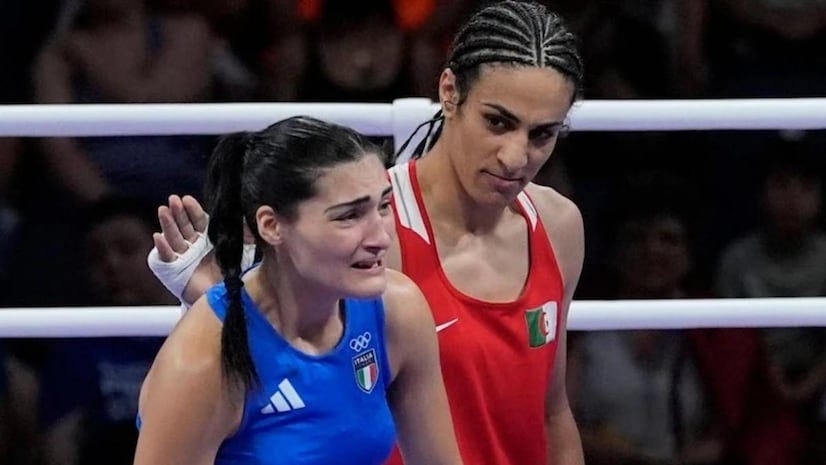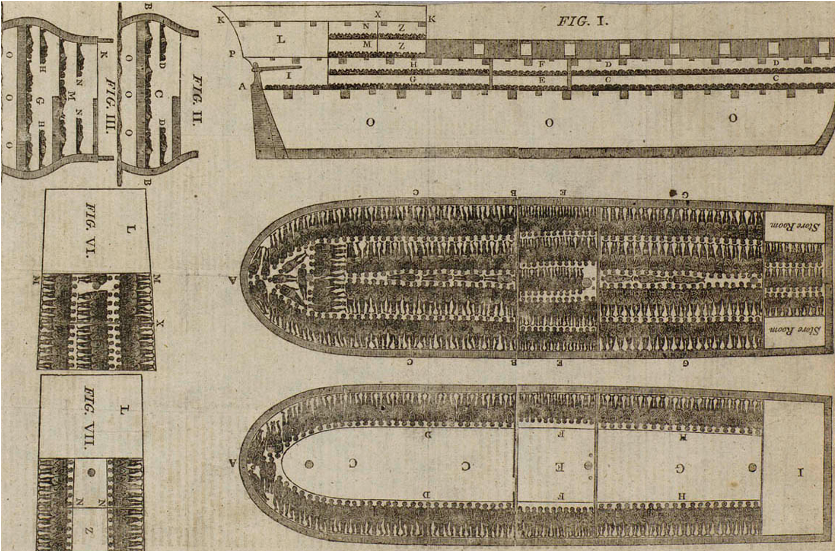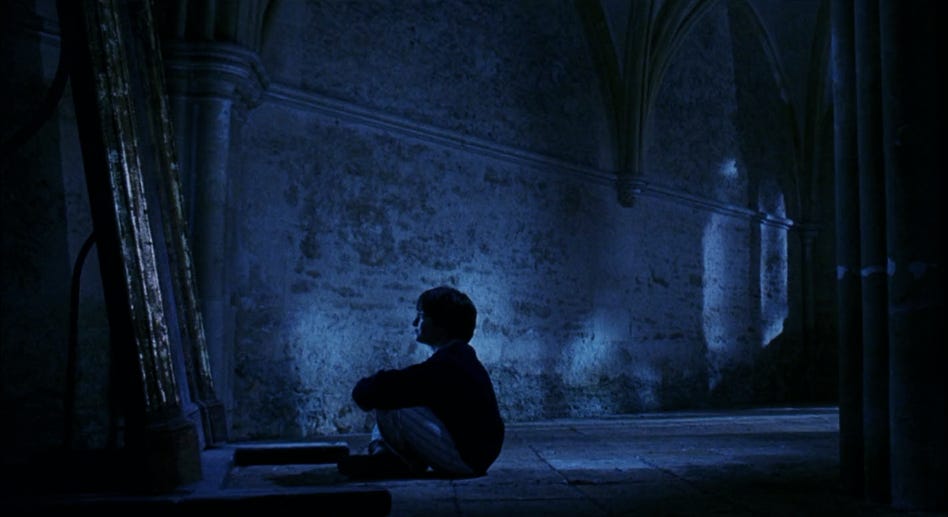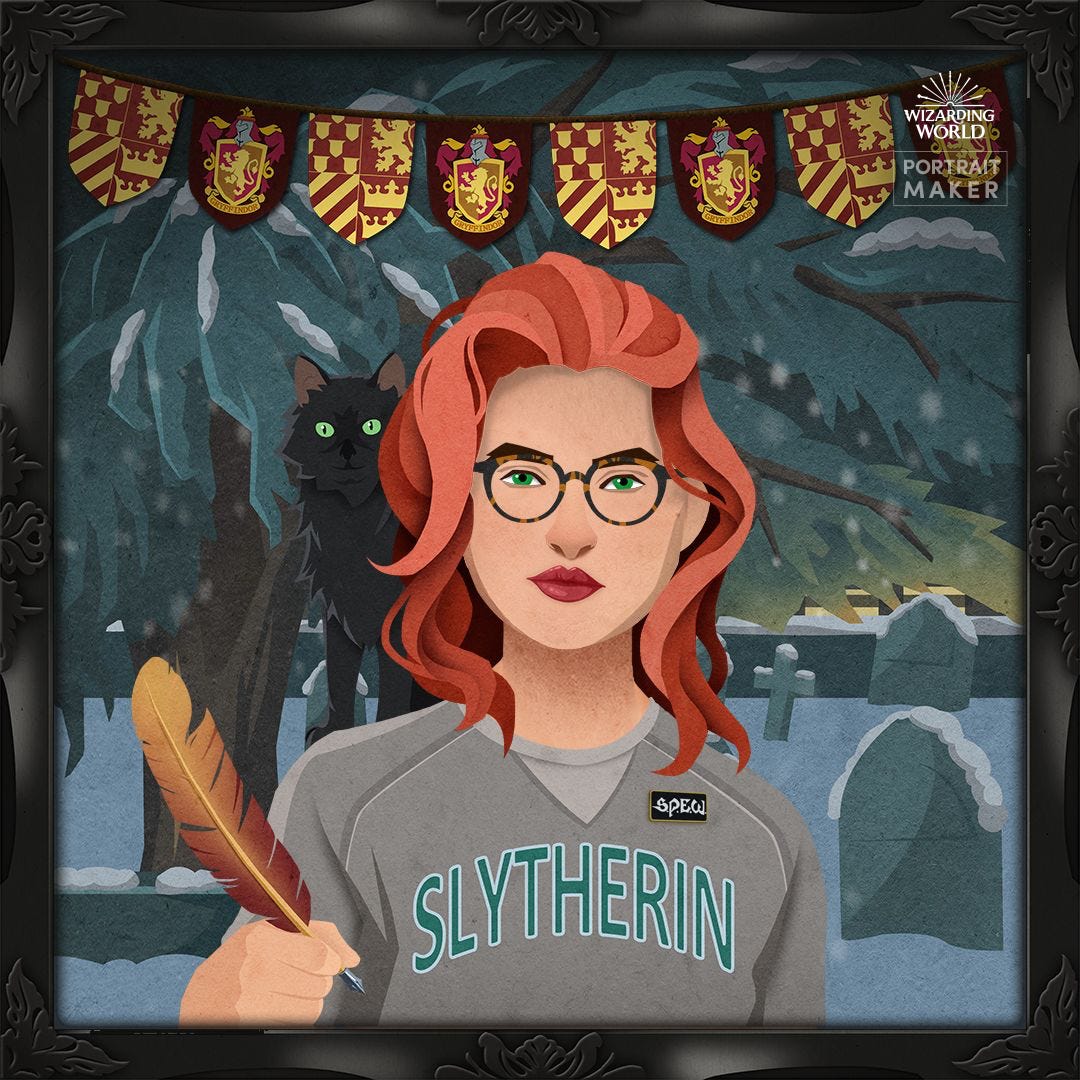Amanda Palmer has a song called ‘Judy Blume’ (2019). The song is a heartbreaking and beautifully personal love note to the writer Judy Blume from Palmer. I was sent the music video by my friend Katie, she knew I would connect with it. The music video shows Palmer playing piano with her soul pouring into the keys, the way she is so well know for, while scenes cut to people reading Blume’s extensive oeuvre only to reveal that they are all in the same room. It shot straight to my heart as if every word expressed exactly how I had always felt but never had the words myself, to speak of such deep love and a need to give thanks to someone who had transformed your life and kept you safe since you were young. The next time I saw Katie we discussed the song and she asked the question I was a bit nervous about answering. You see a writer like Judy Blume was who the white English girls read. The clever, well read girls who grew up being able to recite Shakespeare and Pope while drinking red wine from France they could translate the label of. I was not one of those girls. I had never read a book by Judy Blume. So when Katie asked me which author I felt this way about I put on one of my silly accents on to try to make it easier to say who, knowing that there was an entire world of ‘cringe’ and even hate at this point for what I was about to say:
‘JK Rowling’…awkward silence…Katie (with a kind knowing smile), ‘I knew you would say that’.
Now we are in 2024 and during the Paris Olympics the online hate brigade, mostly cloaked under the watchful eye of Twitter (now X), found a new target: The Algerian welterweight boxer Imane Khelif. Who sounded the bugle call for the troupes to dust the Doritos off their fingers and move from review bombing the new Star Wars series The Acolyte (which has now been cancelled after on season)? The author JK Rowling. Her reason for doing this seemed truly bizarre to many. She viciously decried in a series of increasingly deluded tweets that Khelif, who had just beat Angela Carini from Italy in a match that only lasted 46 seconds after Carina pulled out of the match due to Khelif’s overwhelming prowess, that Khelif was a man! Her reasoning for this was that Khelif, in her expert opinion, looked like a man, and that no woman could have beaten Carini so thoroughly, so quickly. Using a very colourful South African phrase Carini got her shit pushed-in, burst into tears because as she later stated she was so disappointed by her own performance, and refused to accept Khelif’s condolences and kindness in the ring. Rowling, and the other leaders of Twitter storms like Elon Musk, quickly joined in the vitriol spreading outside of Twitter’s black gates and into the wider internet questioning Khelif’s gender. When Khelif’s past ban by the International Boxing Association re-surfaced because she had failed their gender testing, Rowling’s glee at being ‘vindicated’ was evident as she posted article after article about testosterone levels in women athletes making them ‘dangerous’ and ineligible to compete. She had jumped from Khelif being a man to Khelif being a freak of nature who couldn’t help ‘its/his’ deformities but should not be sneaking into women’s sport to beat up real women. Yes, she saw Khelif’s win over Carini as assault.
The image Rowling used most frequently to prove her point. The image shows the boxer Khelif consoling her opponent Carini after the match in question.
Khelif suffered unending abuse from the online armies of people who were hugged too much as children. The hate spilled over into the real world with other athletes taking sides and calling her out as a man. But Khelif did something truly brave and beautiful: she won gold. With the entire media dissecting your identity, being bullied at every turn and facing the pressure of competing at the highest level in your profession she did what very few people could. She is also now in the process of suing Rowling, and others, for their online bullying and abuse. To which Rowling responded that she would happily go to jail rather than keep quiet over men harming women. Rowling’s impassioned calls for Khelif, and other athletes to be DNA tested for their gender, and constant assertions that these athletes are men, in some form or another (it doesn’t really make sense), has mostly been blamed on her transphobia - which has been the reason why so many fans have turned away from her in the last decade. And there definitely themes that are similar here. But what underpins the attack on Khelif is something that sits within the hearts of many Europeans, squating like a troll waiting for its chance to come out an darken their lilly white liberal ideals - racist superiority and imperial ideology.
Imane Khelif Olympic Gold Medalist pictured on the right at the Paris 2024 Olympics award ceremony and in Algerian Press on her return on the left.
Khelif is Algerian. She is built as a powerful woman from years of training and being naturally gifted for her sport. Carini is Italian and white with delicate features, her gender was never questioned. Khelif’s gold medal competitor however, Yang Liu also faced gender discrimination. She is Chinese. A famous case of athletes having their gender questioned throughout their careers is the Williams’ sisters, Serena and Venus, the most successful tennis players of all time. They are black. Now I am sure you are rightfully shouting at your screens that Khelif failed gender testing in the past and that this is different to the Williams’ sister! We get that that was racism but this is different right. No it isn’t. Straight forward gender testing is almost impossible as hormones and chromosomes interact with each other during the formation of the foetus in such a way that if someone does have differences in sex development (DSD) it doesn’t make them more man or more a women. The gripe people like Rowling have is with testosterone levels. They argue that these women with DSD, although Khelif has not come out and said that she has DSD and the IOC rejected the past tests as invalid, have higher testosterone levels which makes them men and gives them an unfair advantage. But this argument falls apart when compared to how other genetic abnormalities, that give athletes advantages, are praised: such as Michael Phelps. There is also no base marker for testosterone in women and testosterone levels in women are affected by medication and chronic diseases such as PCOS, which can take years to diagnose. So why are athletes of colour always at the receiving end of abuse?
Well, how do you cover 500 years of colonialism? The development of the white gaze, its connection to Linnaeus, Darwin, slavery and freak shows? I tried in paper I presented earlier this year on the development of occulencetrism in Europe leading to the height of Empire. But I am not sure if this is the right place for me to dump years of study and attempts at activism. Let me put it this way. In the 1800s as part of the colonial project, race became put into types and hierarchies, the same as animals and plants. The lists differed and changed over the years as new peoples were ‘discovered’ and early hominids started to come into play. But white Europeans were always the evolutionary pinnacle of humanity. Sometimes this was done by country. For example the English had a bit of thing about seeing themselves as superior to the Irish. If you are familiar with that good. Now times the lasting damage of those ideologies by the billions. Many hierarchies placed Khoe and San peoples from South Africa at the bottom or Australian Aboriginal* peoples, depending on what lands the researches were colonising. What led to these lists where detailed visual studies of the bodies of colonised peoples as specimens: from people photographed or shipped to Europe as exhibits or graves robbed and remains collected to be measured as anthropological specimens (in the worst cases people were killed for this purpose as was the case in the genocide of the Nama and Herero). There was a particular fascination with the sexualisation of colonised people. None so more than African peoples, black African people in particular, who where portrayed as beast like (unlike the child like San), in the colonial propaganda. They were sexual deviants, the men powerful violent rapists and the women insatiable harlots. There are multiple example of black Africans having their sexual organs displayed in life and death for European audiences. In North America this propaganda grew into firm beliefs that powered the slave trade and caused the death of many innocent black men after emancipation accused of raping white women. How can we not see a privileged white British woman foaming at the mouth over the sexuality of a woman of colour, an African woman, as not something reminiscent of the worst sins of colonialism. A way of seeing brown bodies as your right to judge and classify. I cannot truly express my disgust at anyone who shows this level of racism and misogony. But for this to come from JK Rowling has brought up another feeling: shame.
There are so many images I can show you to prove my point . Images of black bodies on display, in exhibitions, as freaks, as medical experiments, with no links to who these people were or humanity given to their representation. I say black bodies because that was the purpose of the images, to dehumanise and commoditise colonial subjects for the assumed white viewer. I will not be posting these images here. If you are interested in the ethics of representation and imagery of colonised people check out the work of the amazing Dr Chimwemwe Phiri.
Image above: Slave ship Brooks active in Liverpool in the late 18th Century. Drawing commissioned by abolitionists in 1789.
It is the early 2000s, I can’t give you an exact year, possibly 2000. My aunt has just brought back presents from the US: jerseys for my sister and I from DKNY and Harry Potter and the Prisoner of Azkaban. I was so chuffed to have a jersey from DKNY. It was the fanciest piece of clothing I think I had ever owned, at least that is how it felt to me. I had no feelings towards the book. My aunt said it was part of a series that all the kids were reading. My sister had heard of it but I wasn’t interested. You see, I didn’t read. I could read of course but I didn’t. It was a strange badge of honour. I wasn’t read to as a kid so I didn’t have a foothold in that world. Everyone in my family is a voracious reader. Not being one was something I did to be different. But being handed that book would change everything. I started to see Harry Potter books everywhere. The girls at school were waiting for the fourth one to be released. As much as only wore black wool at home I wanted to follow the flock at school. I asked my parents to get the first Harry Potter book, Harry Potter and the Philosopher’s Stone ( don’t dare tell me it’s Sorcerers stone!). And…nothing. It was ok. I wasn’t hooked and didn’t understand why so many people were obsessed with it. A friend at the time told me to stick with it and read the second book. My family went down to Cape Town for the December holidays and I took the second book with me. There are two things I remember from that holiday. My farther finally shaved off his moustache after years of my mother’s subtle yet devastating remarks about how she prefers men without moustaches in a momentous family event. And from the second I picked up that book I never put down another book without having another waiting for me.
A world had been opened up for me. One that had always listlessly roamed inside my head coming out in bursts when it was appropriate to tell stories and create beyond the limits of my everyday. I used to roam the garden of my first house finding friends and singing tales into reality before the complexities of a growing youth crowds in moulding monuments, city limits, and endless wells we have to fill. Until we turn 30 and thanks to global collapse we realise we have to dismantle it all. Harry Potter was an entry way into the parts of me that wanted to sing, to make, and most importantly to write. As I got older so did Harry. At some point we aged out together and I clung to him like a life raft. I was going through a personal and mostly internal fight with trying to accept being chronically ill, not that this kind of inclusive terminology or support existed back then, with doctors, teachers, friends not seeing me or my pain as real and severe. But Harry understood. His journey had become mine and there were so many moments when his words, his loneliness, anger, and desperate attempts at doing the right thing despite it all made my journey seem walkable. As long as he held my hand.
Harry Potter sitting in front of the Mirror of Erised from the film version of Harry Potter and the Philosophers Stone (2001)
When the book series ended I did go back to Hogwarts. At least once a year I read all the books, well not the first one. When I began to travel for my studies and my mental health and relationships struggled I went to Harry, buying all the books in different cities and countries, shipping them back to South Africa. My multiple copies of the series, that now sit in Johannesburg are a big joke amongst many that now me. Being teased for liking Harry Potter started immediately. As soon as something becomes ‘a thing’ there will always be a backlash to liking it. Mostly people would tell me you won’t like it when you are older, this kids stuff. I didn’t really like the films. When did Harry become so useless and Hermione so one dimensional and Ron such a dick? Maybe that would have been a sign for an older me that this kind of pandering to Warner Brothers was not a good sign for things to come. I liked how accessible the fandom was in many ways. How many things I could get that were Harry Potter themed. I wanted to see all the Harry Potter places on my first trip to London post the movies and go to Kings Cross. There was a trolley in a small corner you could take a photo with back then, no line. When Pottermore first started I loved it. I was sorted into Slytherine which took a lot of deep reflection to understand. I am still pretty good at guessing the house people will get sorted into. When the website was redone by Warner Brothers as a place to sell shit and not a game to follow the story I had to re-sort and got Gryffindor which I am still upset about. But things were changing to fast and Rowling was becoming a dangerous figure to be associated with. It is as if as soon as she had a platform to speak directly to people and enough wealth and status to feel untouchable something in her switched. Recently people have sarcastically suggested that there is black mould in her castle driving her crazy, and to be honest I wouldn’t be surprised if that was the case. Here is someone who has gone from having written books that studies have shown make people more empathetic and open minded to spreading misinformation about minority groups, in particular trans people, and even hate speech online. And still the corporate juggernaut that has become the Wizarding World grows swallowing up the safety that the books gave to so many of us growing up with Harry in the late nineties and early 2000s. Is it even possible for someone to pick up a copy of Harry Potter today and go to a Hogwarts of their own creation? Or will Warner Brothers sue them for copyright?
There is much to say about whether you can still love an artist’s work even if the artist is problematic. As someone who spends their life reading and writing about art, making, material culture and creativity I don’t see how you can separate the hand - its intention - from what it touches. There is no divine acting through the body that we can excuse, no ex machine is going to jump in here, no mould to blame. Art is made by people. And people are messy, nasty things that develop and lose what we think we love about them. Was JK Rowling always a racist misogynist? I’ve seen articles arguing that yes she has been, you can see it in Harry Potter. For all my ethics and ideals have I been blinded by trying to recapture a young girls dreams? No, I don’t think the Harry Potter series hides a secretly racist or misogynistic undertone. Which makes getting to this point so much more painful. Without JK Rowling I wouldn’t be here. I wouldn’t be doing my PhD with a focus on decolonisation and a strong background in the British colonisation of Africa. I wouldn’t even be writing this article. The level of hate she threw, and continues to even though the internet has moved on, at Imane Khelif is because Khelif is a powerful Algerian woman. And there is nothing more terrifying to a coloniser than to see an African woman step into her power in the way Khelif did. Maybe I shouldn’t have been surprised that Rowling’s transphobia morphed to encompass racism and misogony. But seeing those tweets turned my shame into rage. JK Rowling has betrayed everything Harry Potter stands for and given to generations of children and adults. And as for me. It is still true that you are the writer who has had the biggest impact on my life. From now on I will tell people how you inspired me to work harder and speak louder to undo the damage your racist misogynistic imperial era money grabbing bullshit has done. That’s what Gryffindors do. That is what Harry would do.
My Pottermore portrait.
*My apologies if this is not the correct terminology to use for the collective native peoples of Australia.






